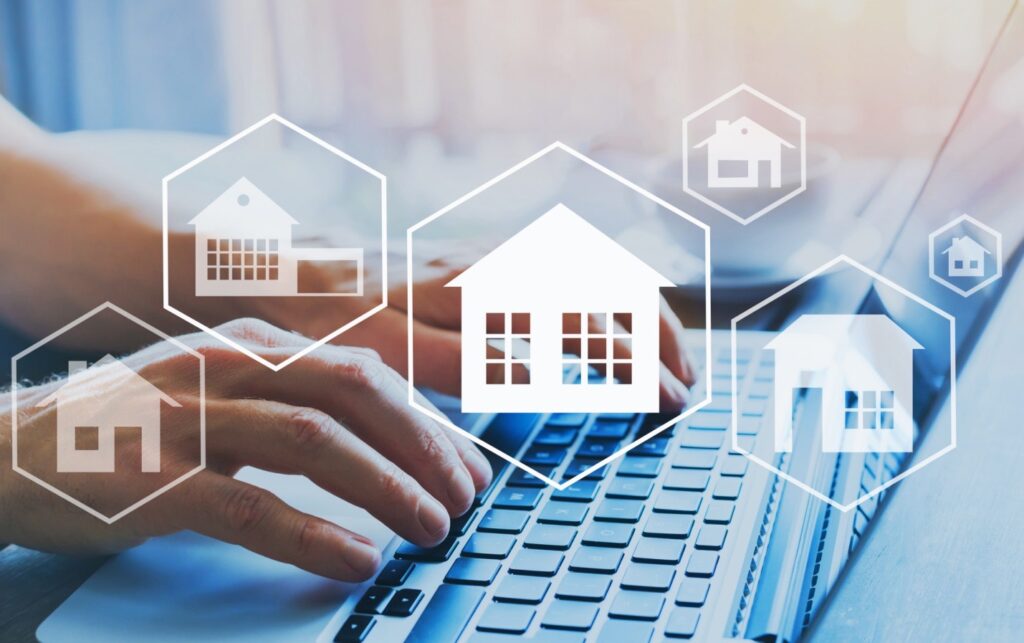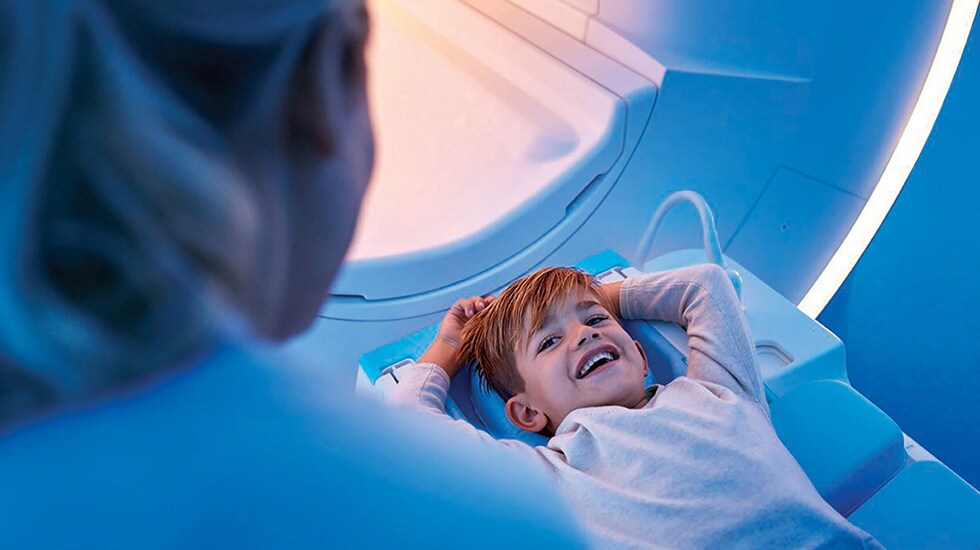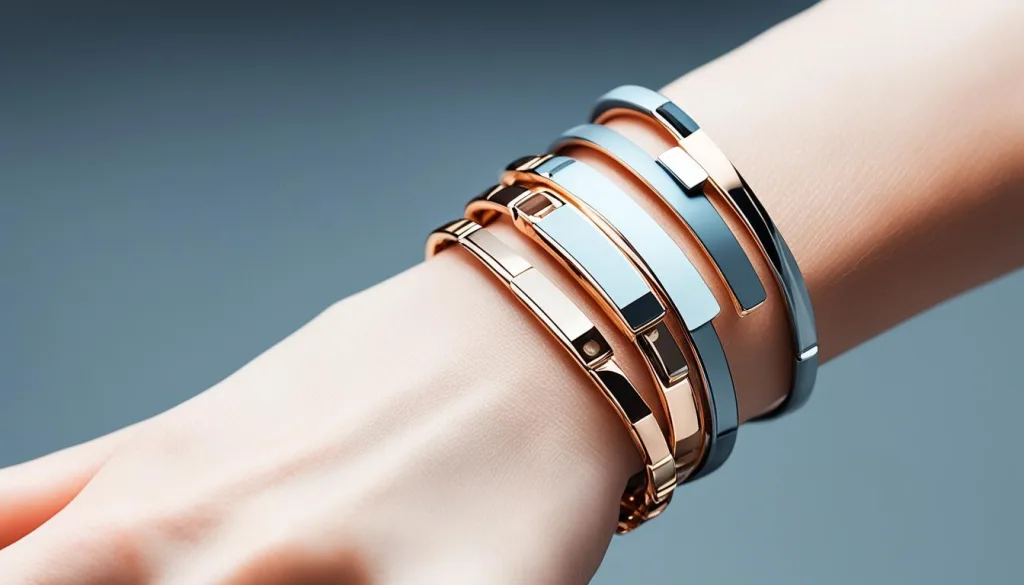Your business property is one of your greatest assets, but the roof that covers it often gets overlooked. Commercial roofing might not seem like the most exciting topic, but it plays a central role in safeguarding your operations, saving you money, and enhancing the longevity of your property investment.
This blog explores the critical role of commercial roofing, from combating constant wear and tear to improving energy efficiency. We’ll also look at when roof repair becomes necessary and why hiring experts is vital to maximizing your roofing investment.
Why Commercial Roofing Is More Than Just Aesthetic
Either directly or indirectly, your commercial roof has a profound impact on your business. Here’s how.
Protection from the Elements
Whether heavy rain, snow, winds, or blistering heat, your commercial building roof acts as your first defense line against these adversities. Without a durable and well-maintained roof, leaks, structural damage, and operational downtime can devastate your business.
Statistics show that water leakage remains the most common issue faced by business owners, often resulting from aged or damaged commercial roofing. By addressing problems sooner rather than later, you protect not just your building but the equipment, products, and people inside as well.
Energy Efficiency and Cost Savings
A high-quality roof doesn’t just prevent water seepage; it significantly impacts your building’s energy consumption. Reflective roofing materials, for instance, deflect heat during scorching summers, resulting in lower HVAC costs.
According to the U.S. Department of Energy, reflective or energy-efficient roofing can reduce a building’s cooling energy consumption by up to 15%. Installing or upgrading your commercial roof with the right materials truly pays off in the long term.
A Visually Appealing Reputation
Your building’s roof contributes to how customers perceive your brand. A visibly deteriorating roof signals neglect, something no property owner wants to project. On the other hand, professionally maintained commercial roofing demonstrates attention to detail and commitment to your property, instilling trust in your clients and employees alike.
When Should You Consider Roof Repair?
Even with the best installation, no roof is immune to wear and tear over the years. Knowing when to repair can save you thousands in potential damage.
1. Visible Leaks or Water Damage
If you spot water stains on ceilings, mold, or outright dripping in your building, these are red flags that demand your attention. Roof leaks are often the tip of the iceberg, indicating deeper issues that need professional assessment.
2. Rising Energy Bills
If you observe a sudden climb in energy bills, it could be due to an aging roof that no longer provides proper insulation or ventilation. A roof repair, or even an upgrade, resolves these inefficiencies.
3. Age of the Roof
The average lifespan of a commercial roof depends on the materials used. For example:
- EPDM (rubber): 20 to 30 years
- Metal roofing: 40 to 50 years
- TPO or PVC membranes: Around 20 years
If your roof nears the end of its expected lifespan, regular inspections become vital to identify needed repairs or replacements.
4. Damage from Extreme Weather
After extreme weather events like hailstorms or hurricanes, schedule an inspection even if visible damage seems minor. Small issues, like missing shingles or loosened seals, can escalate rapidly into costly repairs if ignored.
Choosing the Right Roofing Material
Not all commercial roofs are created equal. Understanding which materials work best for your building type, geographic location, and budget can vastly improve your results. Consider these options.
EPDM Roofing
Known for durability and affordability, EPDM rubber roofing is ideal for flat or low-sloped roofs. It resists UV rays and maintains flexibility, making it a strong choice for varied climates.
TPO Roofing
Thermoplastic Olefin (TPO) roofing is loved for its energy efficiency and resistance to dirt buildup. Its reflective properties make it particularly suitable for buildings in warmer climates.
Metal Roofing
Offering unmatched durability, metal roofing materials like aluminum and steel endure extreme weather while also providing excellent energy efficiency.
Green or Living Roofs
For business owners looking to go eco-friendly, green roofs feature vegetation that grows on a waterproof membrane. They improve insulation, reduce water runoff, and enhance urban air quality.
Why Professional Help Matters
While DIY repairs may seem cost-effective upfront, commercial roofing requires highly specialized expertise. Working with professional roofing contractors ensures that repairs are done thoroughly, safely, and efficiently.
Certified roofers conduct in-depth inspections, spot issues before they escalate, understand local regulations, and offer a wide selection of materials so that you can make informed decisions about your roofing needs.
Commercial Roofing Is Your Business Ally
Commercial roofing is far more than a utilitarian element of your property; it’s a backbone supporting your business operations by safeguarding your assets and reducing operational costs. Beyond basic shelter, it plays a critical role in energy efficiency, temperature control, and even regulatory compliance. The right commercial roofing solution can help minimize long-term expenses while boosting your building’s overall performance and value. As technologies advance, businesses now have access to sustainable materials and smart designs tailored to their industry needs. If leaks, rising bills, or aging infrastructure plague your current roof, don’t delay reaching out to roofing specialists for assessments and solutions. With the right materials, expert installation, and routine maintenance, your commercial roof will serve as an invaluable partner in your business’s success



